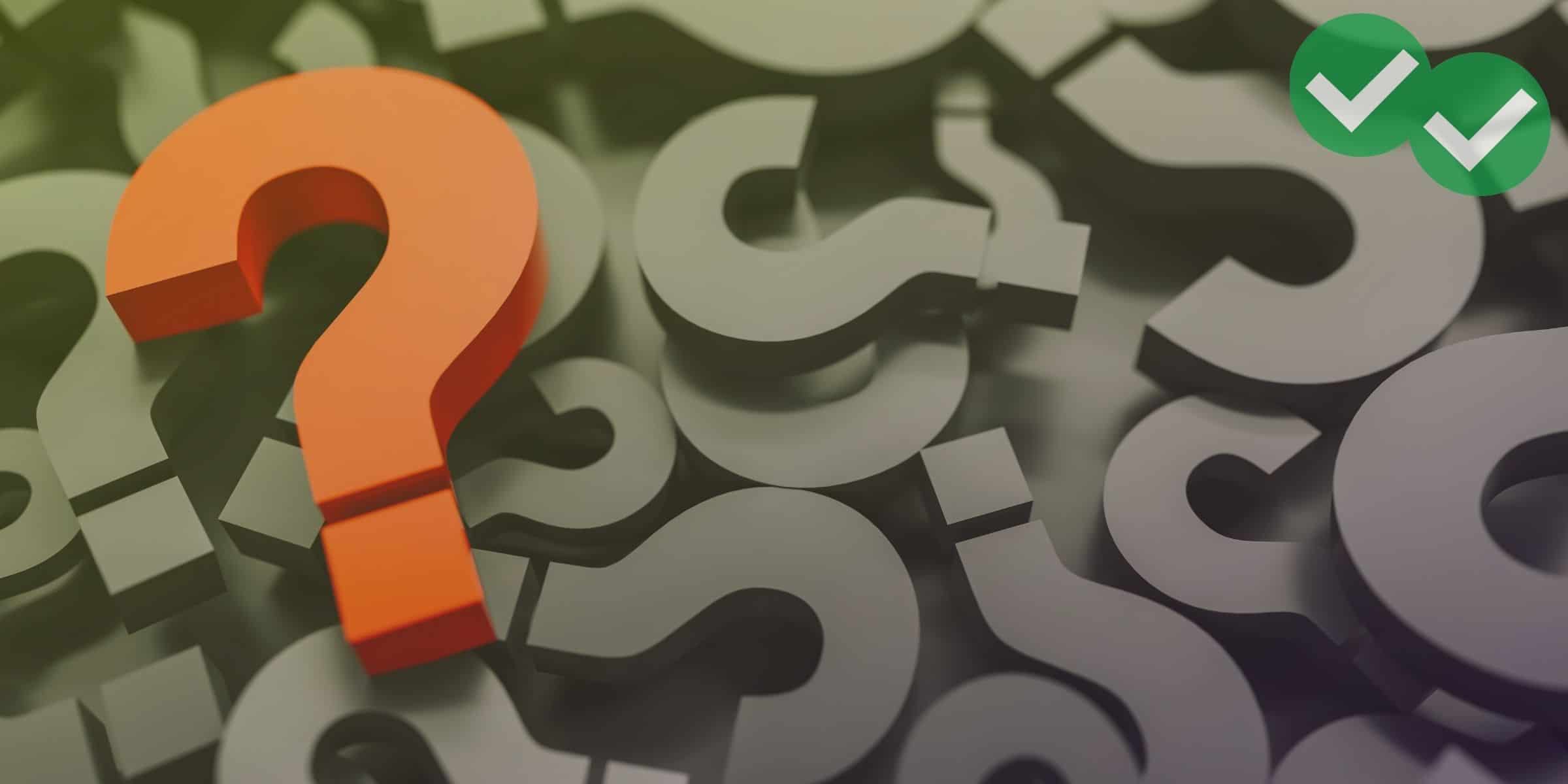“Open questions” in English, questions that can be answered in many ways (and not just with “yes” or “no”) are a little tricky. This is especially true when you are deciding whether to use “who” or “whom.”
First, it’s important to remember that in some cases, the subject of the question is really the object of a preposition. This can be seen in a question such as “Whom will I speak with?” Here, “whom” is really the object of the preposition “with.” In informal English, you would say “Who will I speak with?” This may seem strange to you. You’ll recall that in my last post on this subject, I said you should always use “whom” as the object of a preposition in statements, whether the language is formal or informal.
Questions are a little different than statements when it comes to “whom” and prepositions. If the preposition is at the end of the question, informal English uses “who” instead of “whom.” (As seen in “Who will I speak with” above.) However, if the question begins with a preposition, you will need to use “whom,” whether the sentence is formal or informal. (As in “With whom will I speak?”)
In other questions, the subject of a question is really the object of a verb. For example: “Whom did you see?” In this question, “whom” is really the object of the verb “see.” In informal English, you would ask “Who did you see?”
Still in other questions, “who” really is the subject of a sentence or clause, because it refers to a person (or people) that are doing something. Examples of this would include “Who is coming to the party?” and “Who works with your father?” In this case, you would use “who” in both formal and informal English.
Basically, in questions, “who” and “whom” follow all of the same rules as the ones seen in this chart, with one exception: If the preposition is at the end of an informal question, the object of the preposition can be “who.”
All of this can be a little confusing, I know. I have some activities below that can help you practice these who/whom rules by writing your own questions. Be sure to consult this post and my previous who/whom post while you do your writing. I’ve given example question sentences help you get started. (I’ve included explanations of my sentences in italics.)
Question Activity:
1) Write two formal questions with “whom” as the object of the verb.
Example answers:
- Whom did they honor at the banquet? (“Whom” is the object of the verb “honor.”)
- Whom will you meet tomorrow? (“Whom” is the object of the verb “meet.”)
2) Write two formal question with “whom” as the object of a preposition.
Example answers:
- In whom does the president trust the most? (“Whom” is the object of the preposition “in.”)
- With whom will you go to the movie? (“Whom” is the object of the preposition “with.”)
3) Write two informal questions with “who” as the object of the verb.
Example answers:
- Who did you beat in the race? (“Who” is the object of the verb “beat.”)
- Who can you look up in the phone book? (“Who” is the object of the phrasal verb “look up.”)
4) Write two informal questions that use “who” as the object of the preposition.
Example answers:
- Who are we meeting with tomorrow morning? (“Who” is the object of the preposition “with.”)
- Who can you go to for help? (“Who” is the object of the preposition “to.”)
5) Write two formal questions that use both “who” and “whom.”
Example answers:
- Who is entering the office building, and with whom will they work when they get into the building? (“Who” is the subject of the clause “who is entering the office building.” “Whom” is the object of the preposition “with.”)
- Around whom can we discuss this private information, and who will be upset if the secret gets out? (“Whom” is the object of the preposition “around.” “Who” is the subject of the clause “who will be upset.”)
6) Write two informal questions that use both “who” and “whom” as objects of prepositions.
Example answers:
- Who do you confide in, and with whom do you share secrets? (“Who” is the object of the preposition “in.” “Whom” is the object of the preposition “with.”)
- From whom did the good news originally come, and who did you tell the news to? (“Whom” is the object of the preposition “from.” “Who” is the object of the preposition “to.”)
Between this post and the previous one, you should now know a lot more about who/whom. If you have any questions about these demonstrative activities, feel free to post them in the comments, or contact me through Google Plus.






Leave a Reply